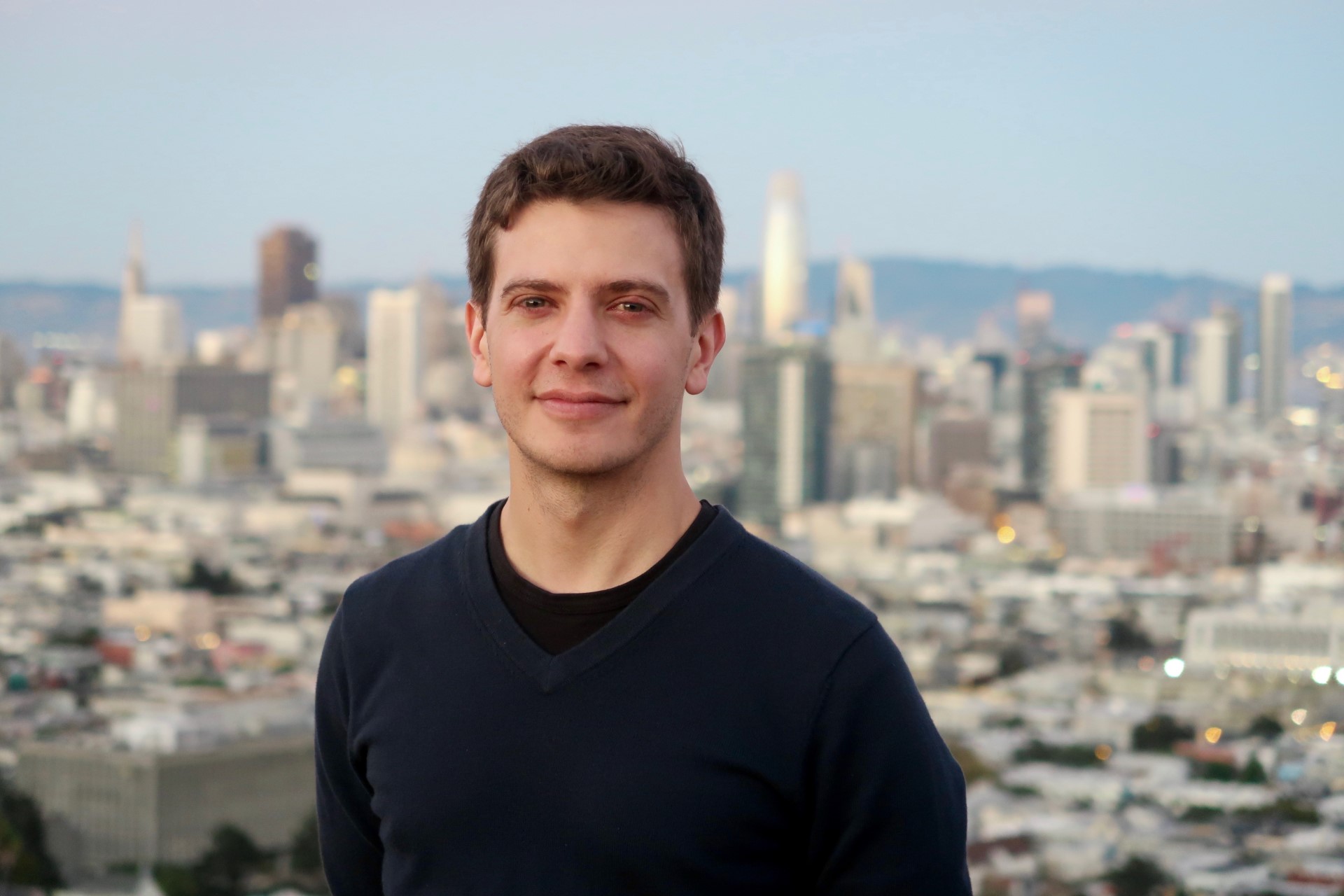Alumni spotlight: composer Michael Gilbertson
Meet composer Michael Gilbertson ’13MM ’21DMA, whose music The Philadelphia Inquirer has described as “a compelling fusion of new and ancient.” Gilbertson, a finalist for the 2018 Pulitzer Prize in Music for his chamber work Quartet, is a member of the faculty at the San Francisco Conservatory of Music and serves as the BMI Composer-in-Residence at the San Francisco Chamber Orchestra. We recently spoke with Gilbertson about his studies at Yale, his own teaching practice, escaping categorization, and more.
Q: In what ways has your approach to teaching been informed by your time at Yale?
Joan Panetti was a huge influence on my teaching. She was such a force and her mentorship really boosted my confidence. Even after decades of teaching, Ms. Panetti maintained a sense of wonder and a zeal for discovering great music, new and old. I try my best to keep that enthusiasm and joy alive in my own teaching.
Q: What are you learning about your craft through your work with students?
As a composition teacher, I often guide students step by step, focusing on different creative or technical aspects of composing. It’s made me realize how intuitive my own compositional process has become. Teaching has helped me appreciate the point I’ve gotten to in my creative life.
Q: What are your thoughts on prizes and awards having been a finalist for the Pulitzer Prize?
I do wish we lived in a world where composers are judged more for the quality of the work they produce than the prizes they’ve won or the press coverage they’ve received. One of the things I loved about Yale was that everyone produced extraordinary work and was capable of achieving these recognitions. I felt that our success hinged on the sincerity of the music we produced, rather than any outside recognition or achievement.
Q: You’ve been quoted by the San Francisco Chronicle as saying, “There are a lot of scenes out there that I’ve never felt settled in, or completely a part of.” What has that feeling, that sense of existing as something of an outlier, meant for your work?
I think it’s been freeing in a way. The downside may be that it’s hard to see how my music fits into the broader musical landscape. Every composer gets pigeonholed into a group or category to some extent, which can be creatively and professionally limiting. I grew up in a musically isolated environment and, as a result, learned to trust my instincts and pursue my own musical interests.
Q: What are you reading, watching, and/or listening to that you find particularly inspiring?
I almost exclusively read nonfiction. I’ve read two memoirs this past year that I really enjoyed: about Elton John and Andre Agassi. I also read Why We Sleep by a sleep scientist named Matthew Walker. It changed a number of my habits, including switching to decaf.
Q: What interests are you pursuing outside of the arts?
Tennis takes up an ever increasing portion of my time. I love playing, watching, and attending tournaments. I will root for anyone who can beat Djokovic.






